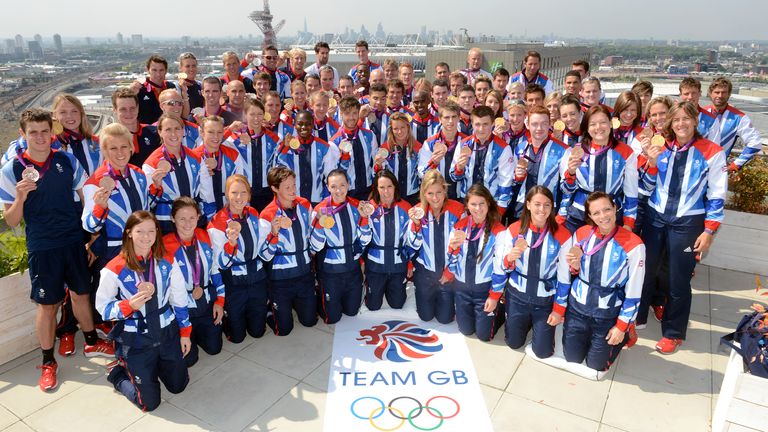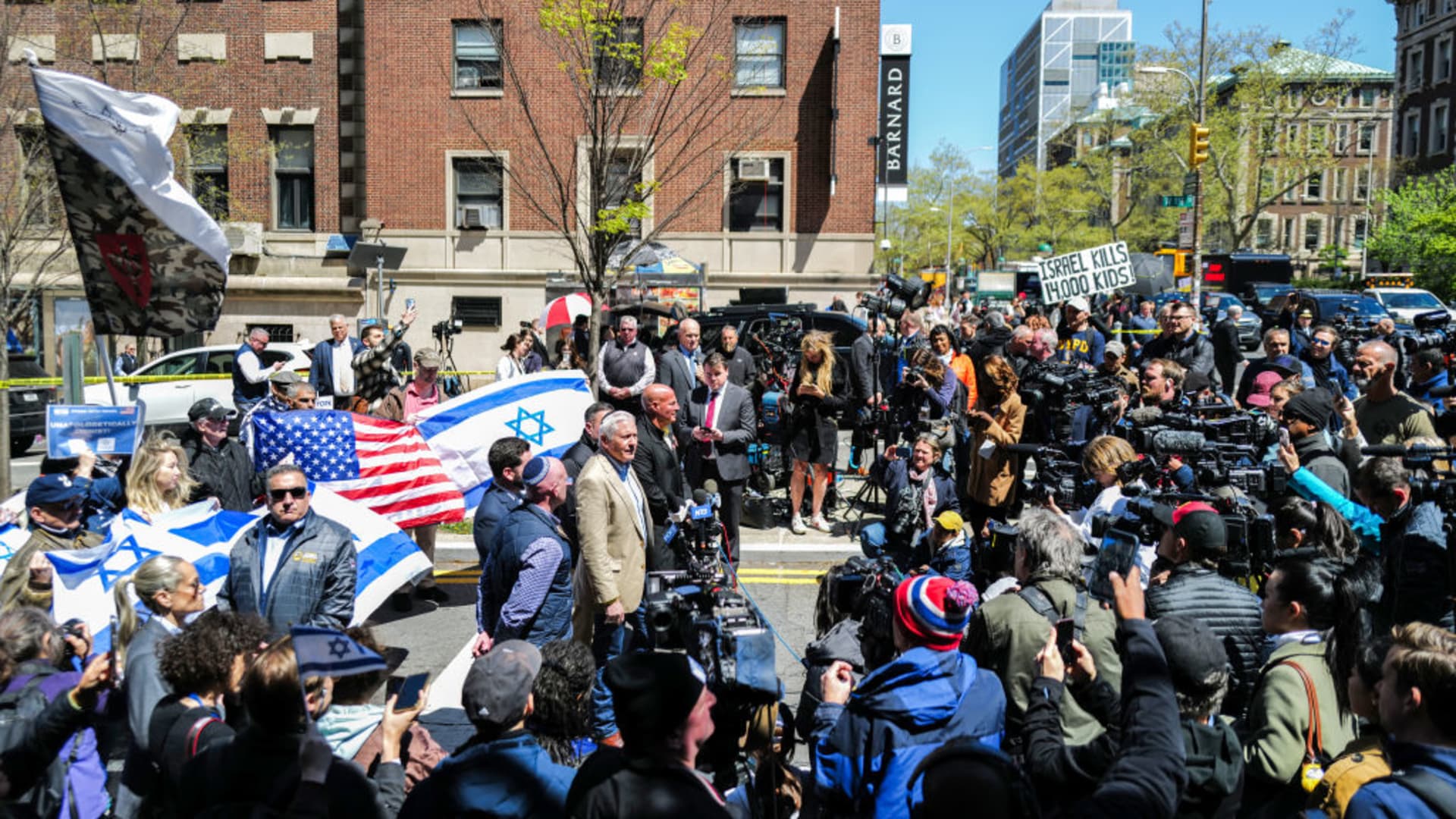MPs have found in the wake of efforts to tackle a drop in sporting participation after the London Olympics the destination of more than £1bn in grants remains unknown.
The House of Commons Public Accounts Committee says that at the time of the 2012 games the government committed to there being a lasting legacy from the £8.8bn spent on the event, but benefits have failed to materialise.
Within the first three years following the games, the proportion of adults participating in sport at least once a week fell, prompting ministers to refocus their strategy.
But, despite the spending of hundreds of millions of pounds since, the committee has found the change of tack has not resulted in meaningful change in national participation rates.
A report issued by the committee today says out of the £1.5bn in grants distributed by Sport England since 2016, the body only knows where £450m of it was spent.
And despite spending £323m a year since 2015, the Department for Digital, Culture, Media and Sport (DCMS) and Sport England have made little progress in tackling inequalities and the barriers to participation.
Chair of the committee Dame Meg Hillier blamed “the lack of vision and drive” seen within Sport England for its failure to fully account for two-thirds of the taxpayers’ money it had handed out.
Figures also show that between 2016 and 2019, the number of adults actively taking part in sport increased by only 1.2 percentage points.
Click to subscribe to the Sky News Daily wherever you get your podcasts
Even now, nearly two in five adults in England still do not meet the Chief Medical Officer’s guidelines for recommended activity.
Dame Meg said: “After the short-term financial boost there’s been precious little to show by way of legacy, even in my immediate area of East London where the 2012 Games were held.
“Resets since 2015 have not begun to bring the levelling-up benefits intended.
“The lack of vision and drive has seen Sport England pay out £1.5bn of taxpayers’ money without knowing where two-thirds of it went, and there’s a paltry 1.2% increase in active adults to show for it.
“More waste, more loss of desperately needed public money. As the cost-of-living crisis bites hard, DCMS must set out what it will do differently.”
The committee identified seven key failures of the DCMS and Sport England and issued a set of recommendations to accompany them.
They included the need to show how the money being spent translates into progress, Sport England writing to the committee with action it plans to take and a breakdown of where it spends its taxpayer cash, the DCMS setting out what it will do to increase participation and the department working with the Department for Levelling Up to ensure leisure facilities are sustainable.
In terms of the £1bn in grants, the destination of which is not known, the committee said Sport England distributed £1.5bn in grants in the five years starting 2016-17, but only knows which local authorities this funding went to for £450m of this spending.
“It does not know where in the country the remaining two-thirds of grants awarded were spent, as it does not track the distribution of grants issued to national organisations,” the committee said in a statement issued to go along with the report.
It is understood that while Sport England says it has a robust process for monitoring and evaluating their funds, some funds are onwardly distributed and so Sport England is looking at ways to improve how it monitors that spend, and that will be a core part of the government future strategy.
Read more:
London ‘working on plan’ to bring Olympics and Paralympics back to capital
A government spokesperson said: “This government has made the nation’s health and fitness a priority and people’s activity levels were at all-time highs before the pandemic.
“Through the pandemic we provided £1bn to support leisure sectors such as public pools and leisure centres as well as grassroots and professional sports, and we continue to drive up participation, particularly for underrepresented groups.
“Activity levels for young people have now returned to pre-pandemic levels and we continue to work with Sport England to invest in sport for all, having recently announced £320m for schools and more than £260m to build or upgrade thousands of grassroots facilities.
“We will shortly be publishing a new sport strategy setting out our ambition to continue to increase activity rates and will respond to the committee’s report in due course.”







